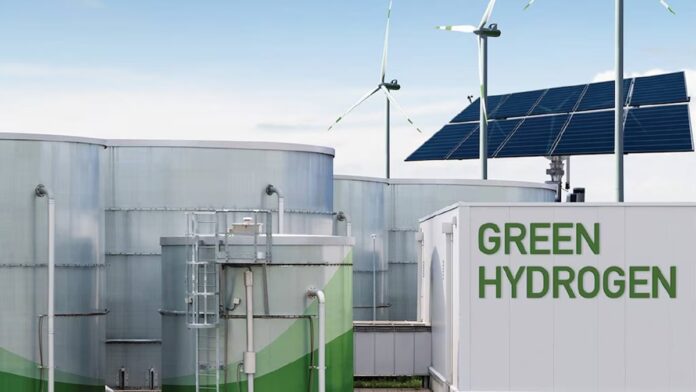US-based Dastur Energy, which collaborated with the government on carbon capture, utilisation, and storage, is focusing on industrial decarbonisation, renewable energy integration, and clean fossil fuel utilisation as its key growth areas. In an interview with Raghavendra Kamath, Atanu Mukherjee, CEO and president of the company, discusses the opportunities in decarbonisation in India and emerging energy segments.
Also ReadFireworks in defence sector in Q4: Sharp rise in order inflow expected as indigenization up
Green hydrogen has been a buzzword in the country for the past couple of years, but it seems much of it is still on paper. How do you view its progress?
The economics of green hydrogen are quite daunting. Currently, the cost of production, even in the best-case scenario, is not expected to drop below $4 per kg in the near future, making it unviable at that price. This is a fundamental challenge in terms of both the process and economics. Green hydrogen is produced via electrolysis using renewable energy, and when you factor in the cost of the electrolyser, renewable intermittency, and other factors, the price globally ranges from $4 to $7 per kg. This creates a significant gap in the cost of hydrogen production.
What opportunities do you see in India’s industrial decarbonisation space?
CO2 emissions in any country, including India, are not solely from electricity generation. Only 25-30% come from coal, gas, or other sources of power. Around 70% of emissions stem from non-electric sectors, with 35-40% originating from industrial activities like steel, plastics, cement, and fertilisers. Abating this CO2 is crucial, and renewables alone won’t suffice. Carbon capture systems are a key solution, as demonstrated in several countries. This presents a significant opportunity to reduce industrial CO2 emissions in India, especially given the country’s growing manufacturing sector and economy. As industrial emissions rise, carbon capture offers a vital tool for addressing this challenge.
Also Read Waaree Energies receives LoA for development of 170 MW solar power plant in Madhya Pradesh Change course Mandatory domestic sourcing rule extended to solar cells Reliance, L&T Energy, ReNew, Avaada, Waaree bid for green hydrogen sops
Who have you worked with for industrial decarbonisation?
We work with the government, having collaborated with NITI Aayog to develop the policy framework for carbon capture systems.
» Read More


